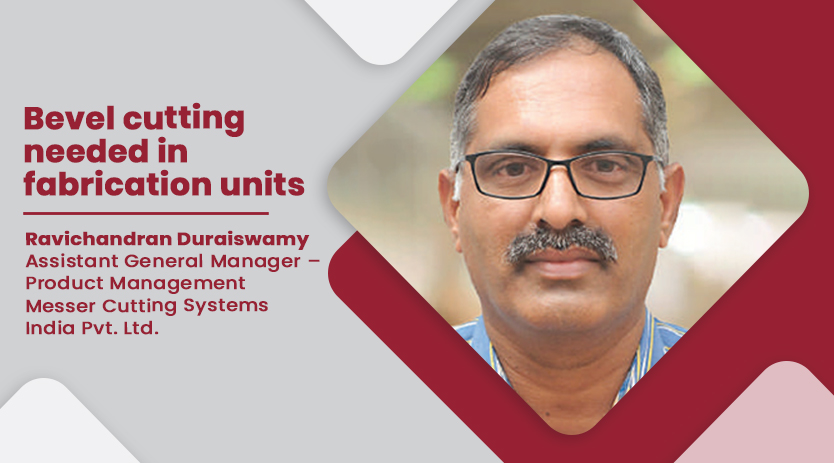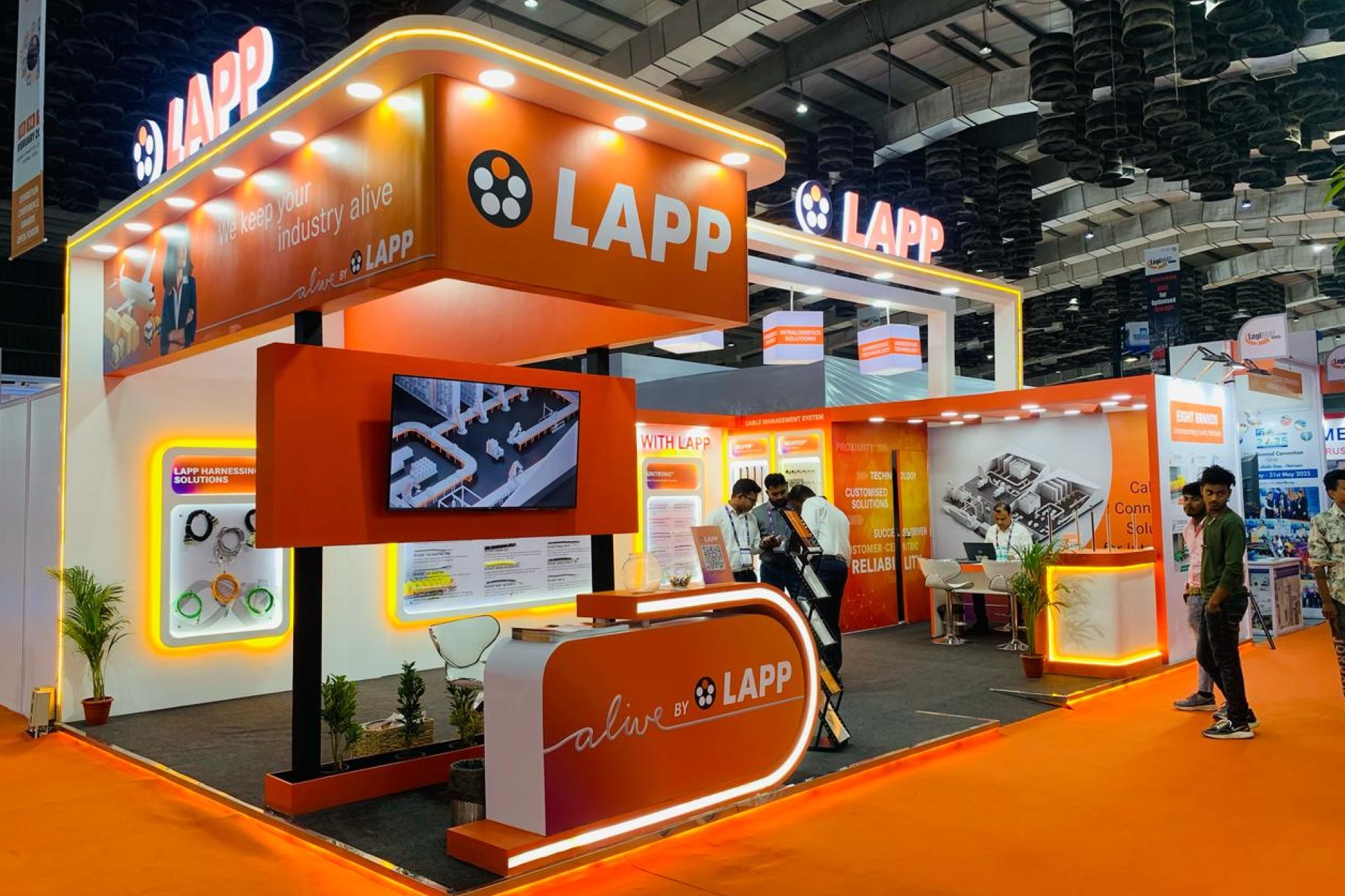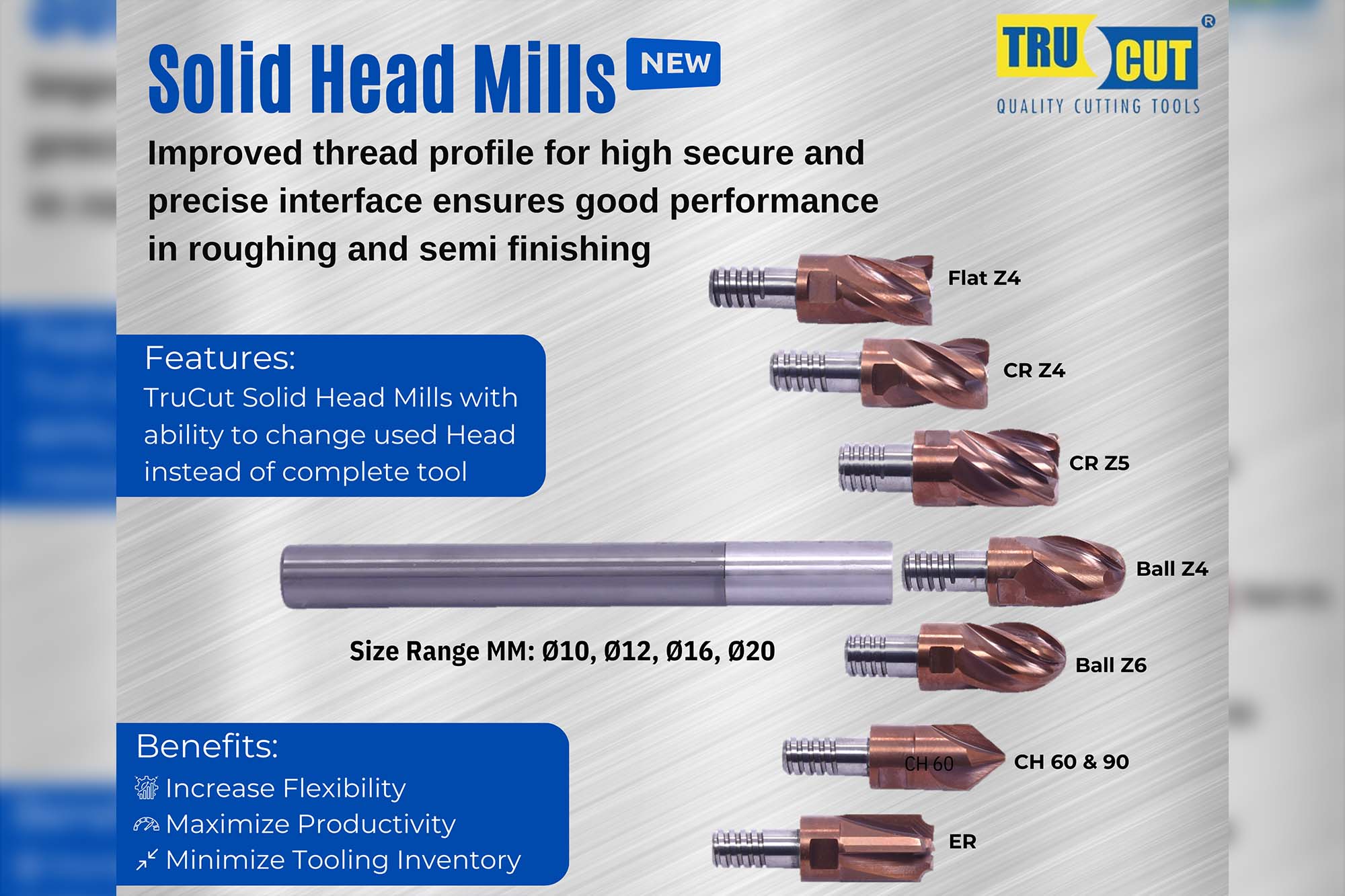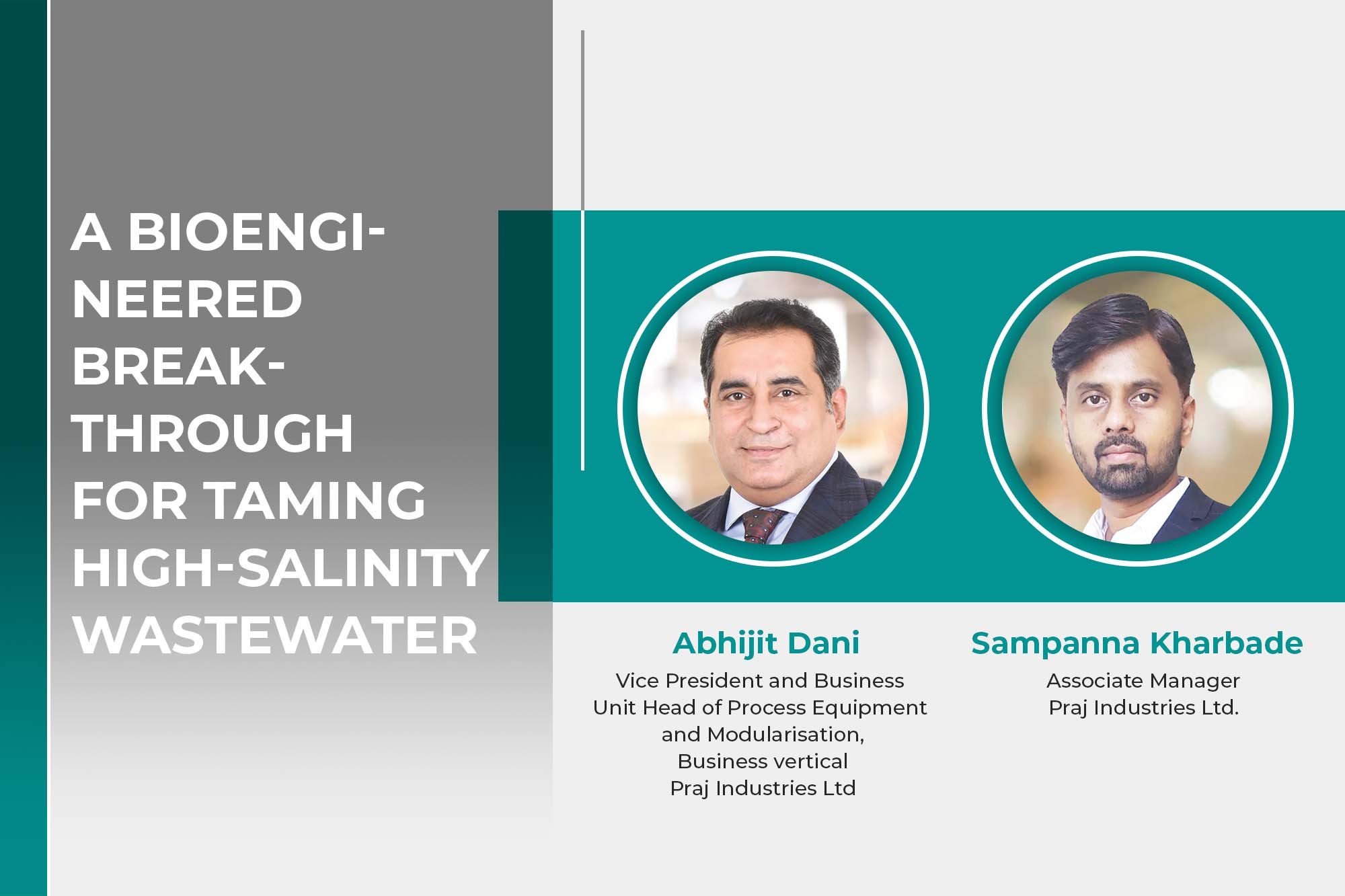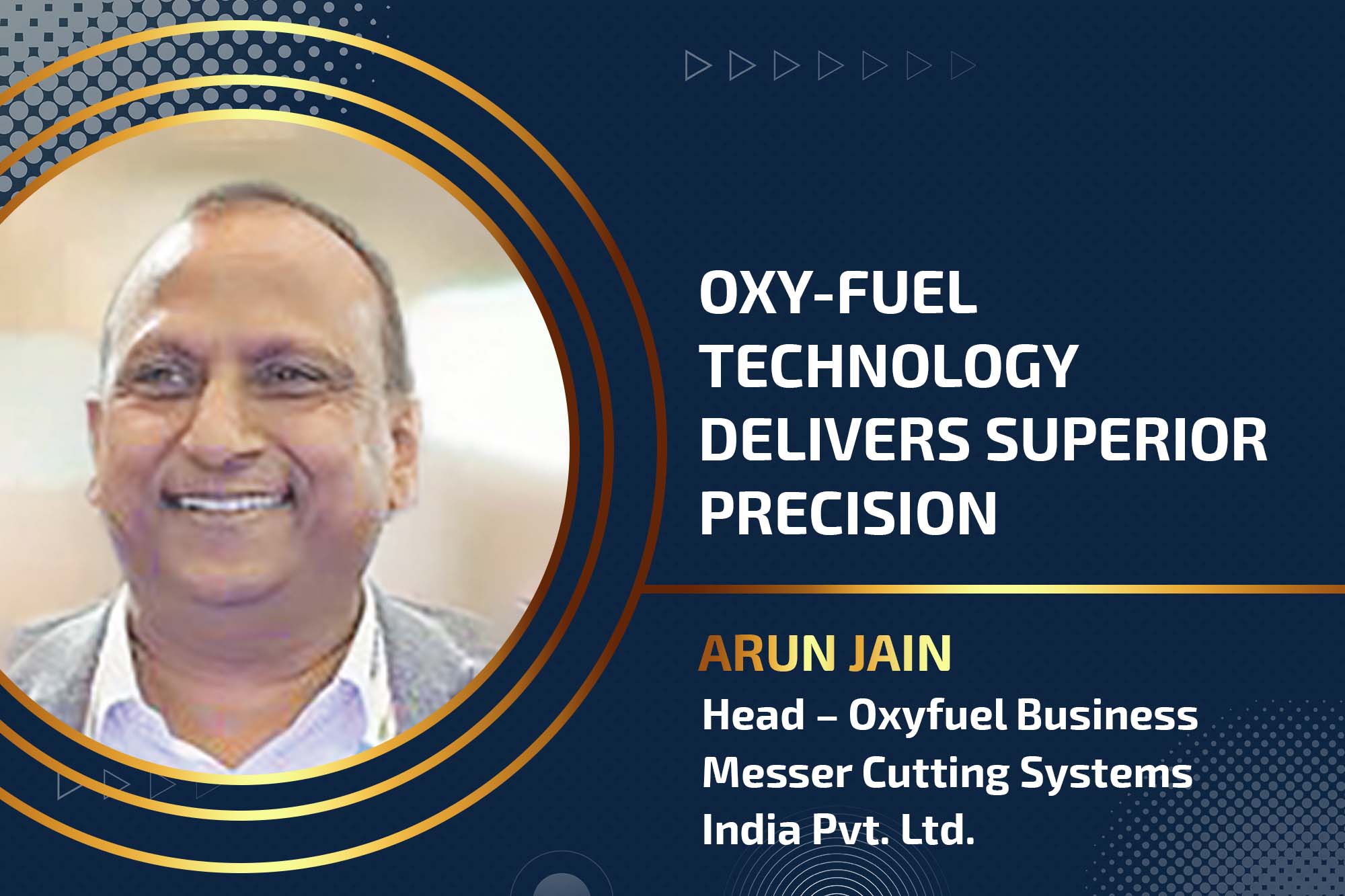Bevel cutting needed in fabrication units
By OEM Update Editorial December 5, 2023 12:27 pm IST
Effective metal preparation is paramount for superior welding outcomes. This article explores the key steps and challenges in ensuring high-quality welds from cutting to fitment.
Adequate metal preparation for welding is crucial in any application to achieve high-quality results. It maintains consistent productivity and reduces associated costs, particularly rework and downtime. This preparation primarily involves cutting, fitting, and beveling the base material, with the initial cut playing a significant role in minimising post-processing work.
Many tools are available for cutting, including torches, plasma cutters, shears, lasers, waterjets, CNC tables, and manual tools like cutting wheels and mechanical bevel cutters. Each method of edge preparation has its pros and cons. Off-hand, cutting with a right-angle grinder is an affordable, portable, relatively low-setup and low-maintenance choice. However, achieving clean, straight cuts with a right-angle grinder demands practice and skill. The quality of the initial cut greatly influences the ease of producing high-quality results.
Maintaining a clean and consistent gap between the two pieces to be welded is essential for creating stronger, consistent welds with reduced filler metal requirements, ultimately reducing cost and saving time.
Challenges for edge preparation in the current scenario
The accuracy of a fabricated or welded component largely depends on three key factors: the preparation of the weld edges, the fitment and alignment of the parts, and the quality of the welded joints. Recognising the critical importance of these factors, current industry practices for edge preparation are typically carried out using methods such as hand grind, torch or plasma cut by hand, portable bevelling machines and stationary bevelling machines.
These four methods collectively constitute the industry’s standard practices for achieving the necessary edge quality and precision in preparation for welding and fabrication.
Challenges in the above process include –1. More dirty operations and rough surfaces
2. Inconsistent bevel surfaces
3. High setup and cycle time for each component
4. Unsafe practices in hand grinding
5. High operating cost and heavy human effort
6. Inconsistent fitments and poor aesthetics
7. Fabrication error due to poor weld joints.
Solution to edge preparation and benefits
Automated edge preparation is accomplished by utilising CNC bevelling, a thermal cutting process known for delivering precise edge quality suitable for welding. In the case of CNC bevelling, the setup time required is negligible. The thermal cutting process offers a straightforward means of achieving clean cuts with precise dimensions. However, it is important to note that the thickness of the beveling process is limited based on the process nature.
The advantages of using these methods for edge preparation flow seamlessly. Achieving fast, clean cuts and consistent dimensions is a primary benefit. This approach significantly reduces setup and cycle times, enhancing efficiency and productivity. Moreover, it offers a cost-effective solution with a low cost per angle, making it economically advantageous.
Safety in the workspace is prioritised, providing a secure environment for operators and reducing potential hazards. Furthermore, these methods require minimal maintenance, contributing to smoother operations and reduced downtime.
Cookie Consent
We use cookies to personalize your experience. By continuing to visit this website you agree to our Terms & Conditions, Privacy Policy and Cookie Policy.



